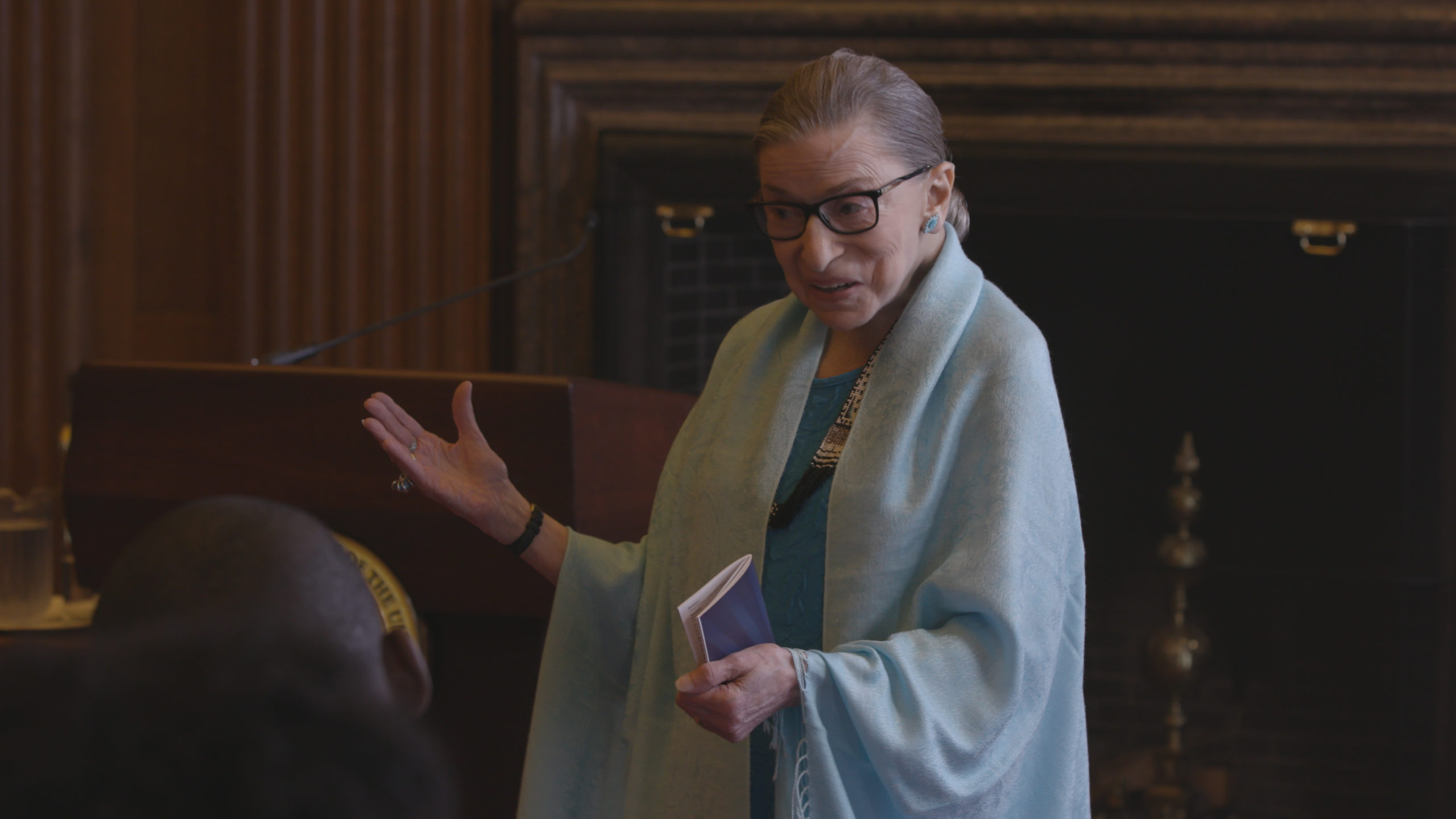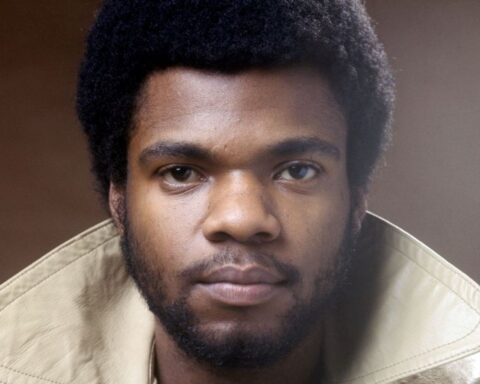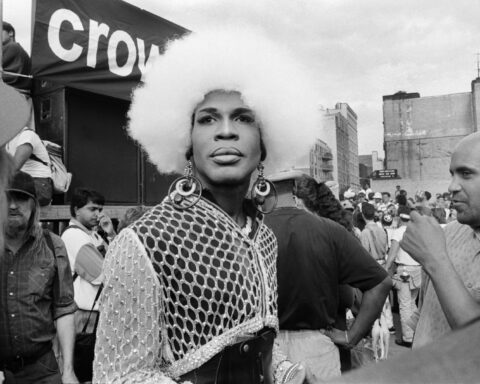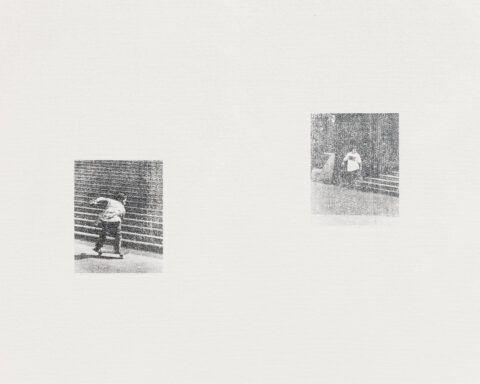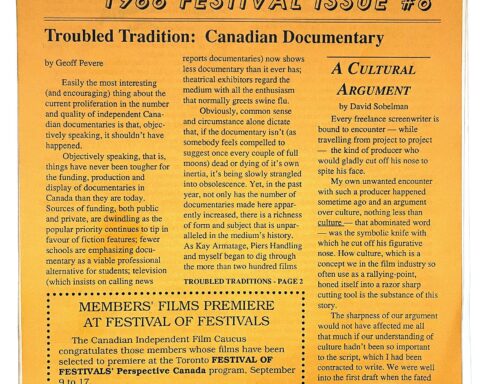RBG
(USA, 98 min.)
Dir. Julie Cohen, Betsy West
The kids call her “The Notorious RBG.” To others, she is “Your Honor” or “Justice Ginsburg.” The grandkids call her “Bubby.”
She is Ruth Bader Ginsburg. The 84-year-old legal legend receives a long overdue doc portrait in RBG. This respectful profile by Julie Cohen and Betsy West is a timely look at the life of the Associate Justice of the Supreme Court and her legacy for advancing human rights.
RBG charts Ginsburg’s trajectory from law student to Supreme Court judge with an eye for her unwavering passion. Cohen and West use Ginsburg’s experience with discrimination at Harvard to contextualize her career-long fight for gender equality. Ginsburg recalls being an extreme minority as a woman in a class full of men and having to justify to faculty her decision to pursue law. Her classmates anecdotally remember Ginsburg’s whip-smart mind that quickly proved she could outsmart any man.
The doc frequently cuts back to archival images of the 1993 hearings in which Ginsburg testified to her candidacy to sit on the bench of the Supreme Court. Her words both past and present are equally valuable as the causes for which she uses the law to better the public remain relevant as time progresses. Interviews with high profile figures such as President Bill Clinton (who appointed Ginsburg to the bench) and writer Gloria Steinem speak to Ginsburg’s significance and add some star power to the marquee.
Cohen and West don’t stray from convention while portraying Ginsburg’s journey. The doc nevertheless displays a handsome mix of archival footage and new interviews, including extensive candid conversations with the subject herself, as it outlines the landmark cases that defined Ginsburg’s career. Her victories with 1973’s Frontiero v. Richardson and 1975’s Weinberger v. Wiesenfeld receive attentive case studies as Ginsburg, her clients, and colleagues discuss the cases’ arguments for gender equality. The film highlights how Ginsburg shrewdly argued for the rights of both women and men by finding cases of institutionalized discrimination that penalized anyone who strayed from outdated gender roles. Her plan of attack is remarkably intersectional by drawing common ground for Americans of all genders, races, and religions. The lesson is invaluable: achieve equality by raising others up, rather than tearing them down.
Stories from her late husband Marty add to the picture of a woman who talked the talk and walked the walk. Marty, a colourfully rambunctious character compared to his reserved wife, proves a worthy partner in the love story that underlies the doc. Talking heads explain how Ginsburg persevered in her early career while raising her family and caring for a husband with cancer. The film conveys the value of work in spheres both domestic and professional, but, more importantly, the snapshots of the Ginsburg marriage illustrate a dynamic in which women and men treat one another as equals.
The best lesson of RBG comes from a philosophy Ginsburg learned from her mother, who advised her that anger is a waste of time. As the film culminates with Trump’s election and the sharpening of a political landscape marked by divides and populism, Ginsburg empowers America with words of optimism and inclusion. The film humorously conveys how Ginsburg became a late-blooming meme and pop culture icon by instilling her ideals to the younger generations of Americans who dub her the “Notorious RBG” for speaking truth to power.
The slant of RBG is inevitably positive, apart from a few dissenting voices, which appear in the opening montage, which frames Ginsburg as an old battle-ax and social justice warrior. But when the arguments of an 84-year-old leader’s career-long fight gain urgency as time progresses, the film needs the power of positivity to inspire others to carry on the struggle.
Cohen and West give Ginsburg the last word when someone asks the judge if she regrets opting not to retire when Obama was in office. She simply smiles and vows to keep fighting. Much is at stake with Donald Trump in the White House and RBG shows that Ginsburg’s mind is sharper and her spirit scrappier than ever. The doc makes clear that her lifetime commitment to social progress is more needed than ever. Progressive Americans need intelligence and experience more than ever now that there is little of either to be found in the Oval Office.
And that’s the truth, Ruth.




